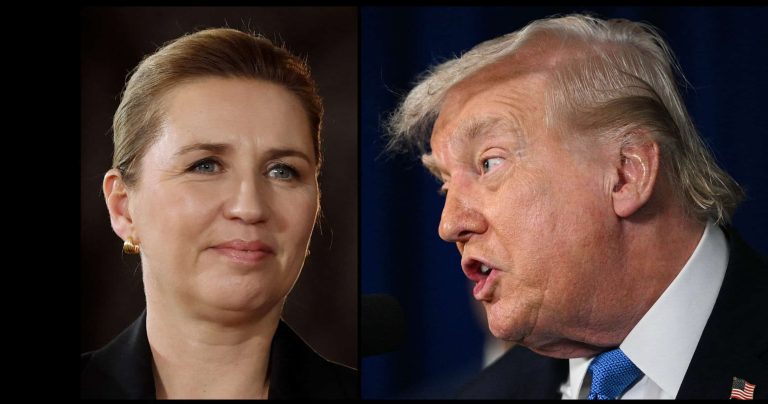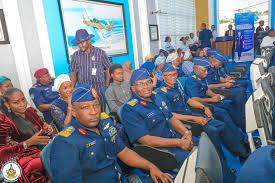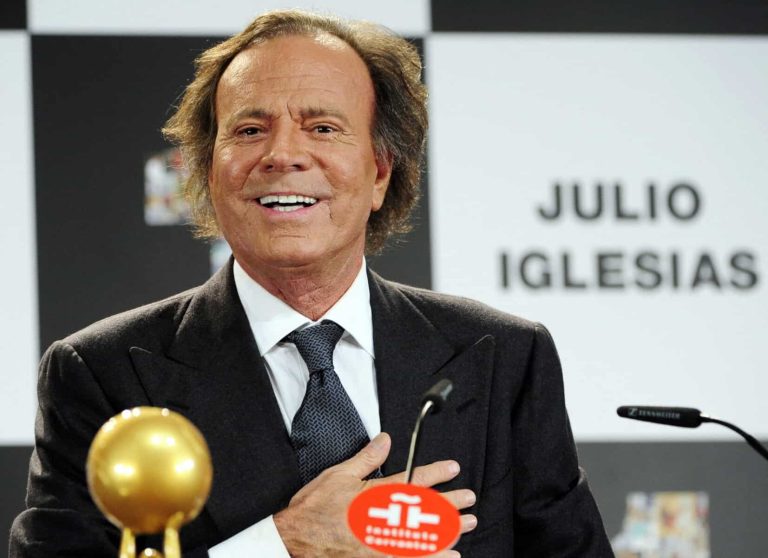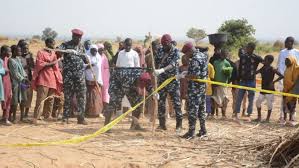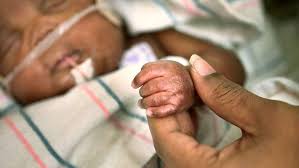
The Edo State Government has launched a five-day capacity-building workshop under the Maternal and Neonatal Mortality Reduction Innovation Initiative (MAMII), as part of efforts to improve maternal and newborn survival across the state.
The workshop, which commenced in Benin City, brought together key stakeholders in the health sector — including officials from the Federal Ministry of Health and Social Welfare, representatives of the State Primary Healthcare Development Agency (PHCDA), professional associations, and local health authorities.
The MAMII programme, introduced by the Federal Government in November 2024, is designed to strengthen maternal and child health systems nationwide through innovation, data-driven interventions, and inter-agency collaboration. It aims to significantly reduce preventable deaths among mothers and infants by improving healthcare delivery at the community level.
Declaring the workshop open, the Edo State Commissioner for Health, Dr. Cyril Adams Oshiomhole, said the initiative provides an opportunity to review existing gaps in maternal and newborn health and design state-specific strategies to address them.
He noted that participants would examine the underlying causes of maternal and neonatal deaths in Edo communities and develop actionable plans to enhance quality healthcare, strengthen referral systems, and promote safe delivery practices.
According to him, “Over the course of this workshop, stakeholders are expected to deepen their understanding of the MAMII framework and align their efforts toward improving maternal and neonatal outcomes in every part of the state.”
Speaking on behalf of the Federal Ministry of Health and Social Welfare, Jacinta Igbigbi explained that the MAMII initiative is part of the ministry’s nationwide drive to reduce maternal and infant mortality rates. She said the Coordinating Minister for Health, Prof. Ali Pate, has directed that the programme’s implementation should extend beyond health facilities to reach rural and underserved communities where the challenges are most severe.
In a goodwill message, Dr. Odiase Ehiabhi, Chairman of the Edo State Primary Healthcare Development Agency, commended the state’s proactive approach to tackling maternal and child health challenges. He described the workshop as a “unique platform” bringing together all relevant stakeholders to find practical solutions.
“I am pleased to see this level of collaboration,” he said. “This initiative creates space for collective dialogue and shared responsibility in reducing maternal and neonatal deaths in Edo State.”
The Special Adviser to the Governor on Health, Andrew Iyamu, reaffirmed the state government’s commitment to strengthening primary healthcare delivery. He noted that recent assessments of health centres across the state revealed both areas of progress and facilities in need of urgent upgrades.
“The governor has made it clear that all hands must be on deck to revitalise the health sector and deliver the best possible care to our people,” Iyamu said.
Also speaking, the Chairman of the Nigerian Medical Association (NMA), Edo State Chapter, Dr. Eustace Oseghale, lauded Governor Monday Okpebholo for prioritising healthcare reforms and called for the completion and proper resourcing of all Primary Healthcare Centres (PHCs) in the state.
The workshop is expected to produce a comprehensive framework that will guide Edo State’s implementation of the MAMII strategy and support ongoing efforts to ensure safer pregnancies, healthier deliveries, and stronger health systems for women and children.
